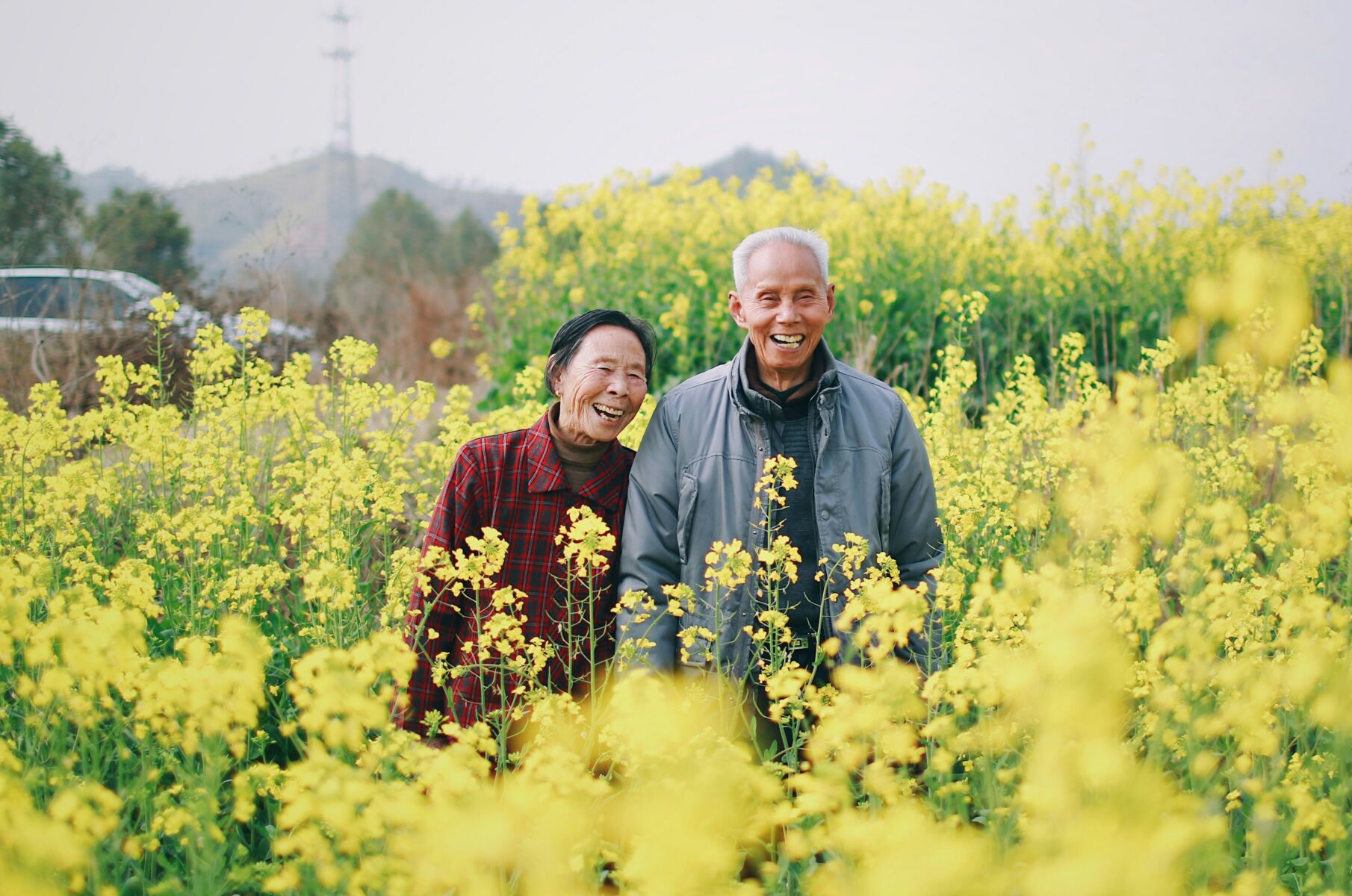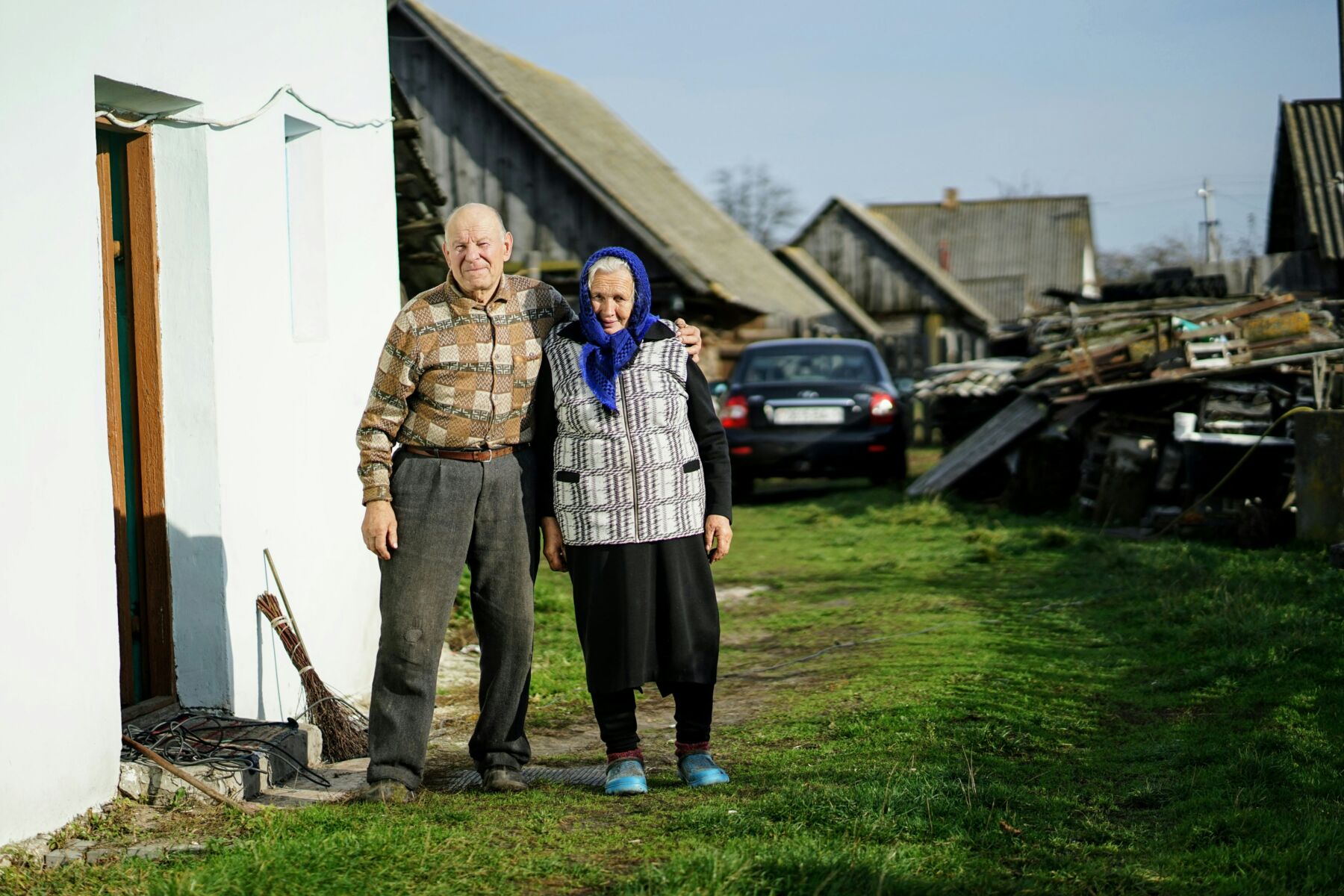Life satisfaction and quality enjoyment in retirement

In the twilight of life, finding joy and satisfaction becomes a global imperative. As you cross the threshold of 65, it’s not just about ageing, but ageing well. Bangkok, a bustling metropolis, is no stranger to this global trend. Here, retirement isn’t about slowing down. With advanced medical techniques and better nutrition, retirees remain energetic, and actively engaging in their careers.
However, retirement also brings about dramatic changes. It can impact your economic and social stability, altering roles, responsibilities, and even your self-value. These shifts can potentially affect your life satisfaction and quality of life. But it’s not all doom and gloom.
Healthy ageing and active ageing are key to maintaining life satisfaction and quality of life enjoyment post-retirement. This article aims to delve into these aspects, exploring how demographic characteristics can influence your happiness and quality of life as you navigate through your golden years.
Understanding life satisfaction and quality of life in retirement
As retirement approaches, various factors come into play that influence life satisfaction and quality of life. It’s crucial to understand these factors actively to thrive during the later stages of life, particularly when one resides in bustling cities.
Factors influencing life satisfaction
Several factors determine the level of life satisfaction among retirees. One significant factor is the economic and social stability retirement brings about. People at retirement ages, particularly those 65 or older, experience dramatic changes in roles, responsibilities, authority, and social networks. Among other unmeasured factors, one’s personality traits and attitudes play pivotal roles.
For instance, how one reacts to job-related situations, like deadlines and conflicts that might cause stress and anxiety, affects life satisfaction greatly. Retirement also results in shifts in contributions to society, which might either generate a sense of accomplishment or result in feelings of obsolescence. Such changes may affect life satisfaction and have potential implications on the decision to retire, with either high or low life satisfaction potentially prompting retirement.
Importance of quality of life
Quality of life, like life satisfaction, is a crucial determinant of overall well-being during retirement. It’s impacted by various demographic characteristics and lifestyle patterns. A conclusive look into the experiences of retirees reveals that social relationships, primarily family support, are imperative to enhance life satisfaction.
Social networks play a significant role in determining the quality of life enjoyed by retirees. Support from family and meaningful associations with others can dramatically improve the quality of life enjoyment, highlighting the importance of maintaining strong bonds in retirement.
During this phase of life, retirees rely more on native support structures. Hence, the emphasis is on healthy ageing – not about slowing down, but about staying active and engaged, cultivating better nutrition, utilizing advanced medical techniques, and harbouring the desire for a healthy, satisfying, and qualitative life.
The role of health in retirement satisfaction

Investigating the role of health in retirement satisfaction is crucial for a more informed discussion about life after retirement. In this section, we focus on the physical and mental aspects of health and their significant impact on the satisfaction derived during retirement.
Physical health impacts
Physical health is undoubtedly a pivotal factor in retirement satisfaction. Reports suggest that retirees with a robust physical condition have a higher potential to maintain a satisfying life as they can participate in diverse activities. Such activities extend from mild exercises like walking outside, doing light housework, caring for another person, or even volunteering for social service, as recorded in the list of activities by Washburn et al., 1993.
Furthermore, strong physical health may enable retirees to work past retirement, supplementing their pension. This practice is particularly evident among retirees in places like Thailand, where many have found additional income generation beneficial not just for economic reasons but also, importantly, for maintaining overall life satisfaction.
Mental health contributions
Equally paramount to the mental well-being of retirees is the role of mental health. Having a sense of value and being able to make meaningful contributions to society has shown positive impacts on maintaining a high-quality life post-retirement.
Interestingly, the mental security provided by pension supplementation through continued work also exhibits a significant effect on life satisfaction as retirees see their resource gains as essential for their ability to pursue future goals. This proof of the close interlinking of mental and physical well-being in retirement satisfaction underscores why an integrative approach to health maintenance is necessary in retirement planning.
Social connections and their impact on retirees

Shifting to the critical aspect of social connections, let’s explore their significant impact on retirees. A retiree’s social network, such as friends, family, and community, contributes considerably to their overall life satisfaction.
Family dynamics
In the retirement phase, a retiree’s family plays a pivotal role in ensuring a high quality of life. Strong familial ties often act as a reliable emotional backbone, which aids in life-transition phases, such as retirement. Interactions with family members not only help reduce feelings of loneliness but also provide crucial emotional support. Regular family interactions play a key part in maintaining mental health and harmony. For instance, retirees in Thailand often live closely with their families, contributing towards their renowned high standard of retirement life.
Social activities and community engagement
Apart from familial ties, engagement in social activities and being part of a like-minded community significantly affect a retiree’s satisfaction level. Maintaining regular social activities contributes to one’s feeling of belonging and reduces feelings of isolation. Social activities range from walking outside, participating in sports, or engaging in recreational activities. Regular participation in community activities also helps retirees to remain active and leads to substantial improvements in their life satisfaction. Notably, retirees who engage less frequently in such activities typically have lower satisfaction levels.
Financial security and its effect on life quality
Planning for financial stability
Securing financial stability in retirement enhances life quality. Retirees need to devise a comprehensive financial blueprint in advance, aiming to achieve a steady income stream post-retirement. An effective financial plan stands vital for fulfilling obligations and catering to additional expenses in the retirement stage.
For instance, retirees in Thailand employ multiple sources to streamline their income. Some have savings from their active working years, others rely on pensions, and a segment operates small businesses to ensure uninterrupted financial flow.
The effects of financial strain

Financial strain directly correlates with retirees’ life satisfaction. Constraints in monetary resources significantly impact the ability to engage in desired recreational activities, maintain social relationships, and address health needs. Moreover, financial insecurity leads to chronic stress resulting in mental health challenges.
Studies confirm, however, that despite financial limitations, maintaining active engagement in moderate activities such as outdoor gardening, light housework, or volunteering brings a sense of purpose, contributing to overall life satisfaction. Adopting cost-effective fitness habits like walking or moderate sports not only fosters physical well-being but also induces happiness, negating the detriments of financial strain to some extent.
Leisure and recreation in retirement
Retirement ushers in an epoch brimming with possibilities for leisure and recreation, offering retirees a time to indulge in activities they love and find soothingly recreational.
Benefits of engaging in hobbies
Engaging in hobbies presents a myriad of benefits for retirees. Activities ranging from walking outside, indulging in mild to strenuous sports or recreational activities, to performing light or heavy housework, home repairs, lawn work or yard care, outdoor gardening, caring for another person, or even working for pay or as a volunteer contribute significantly to the enhancement of muscle strength and endurance.
However, these are not just mere activities. According to Washburn et al. (1993), these undertakings carry specific weights, hence contributing distinctly towards the Physical Activity Scale for old people(PASE). This scale evaluates the physical activity levels of older individuals, illustrating a direct correlation between activity involvement and quality of life in retirement.
New opportunities for learning and travel
Retirement signifies a perfect opportunity to learn and travel, two activities that hold immense potential to bolster life satisfaction. The acquisition of new skills or knowledge expands mental horizons, nurtures cognitive development, and improves self-esteem, aspects critical for a fulfilling retirement.
Travel, on the other hand, provides a refreshing escape from the mundanity of daily routines, and a chance to explore diverse cultures, cuisines, and landscapes, casting a positive impact on life satisfaction among retirees. The richness in experience that comes with travel contributes to an enhanced sense of coherence and meaningfulness in life, elements crucial for happiness and satisfaction.
Retirees in Thailand can find part-time job opportunities that leverage their skills and experience, such as teaching English, consulting, or working in hospitality. These roles offer supplemental income, social interaction, and a sense of purpose, contributing to overall life satisfaction and well-being during retirement.
































